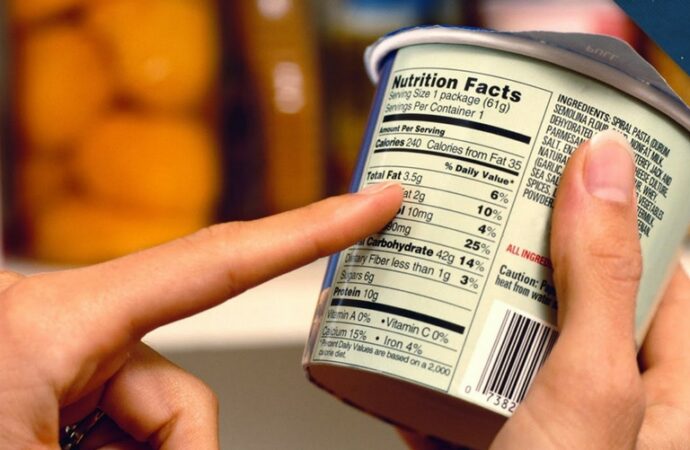Report
The Food Safety Information Council (FSIC) has urged Australians to check food labels and follow safety advice before cooking, ahead of Australian Food Safety Week from November 9 to 16. FSIC CEO Lydia Buchtmann pointed out that research shows only 30% of consumers consistently read cooking and storage instructions.
The Impact of Not Following Safety Guidelines
“Food manufacturers are legally required to include this information on labels, and following these guidelines is crucial to reducing the 4.67 million cases of food poisoning in Australia each year. These cases lead to 47,900 hospitalizations, and 38 deaths, and cost the economy AUD 2.81 billion (U.S. $1.8 billion). Foodborne illness can cause more than just temporary illness; it may lead to long-term effects like organ damage or reactive arthritis,” she explained.
Survey Results: How Often Do Australians Read Food Labels?
A national online survey conducted in late August 2024 with 1,229 participants aged 18 and over found that only 60% of people always read use-by dates and 50% check best-before dates. However, many respondents who read labels consistently follow the instructions. Among those who typically read labels, 86% follow use-by dates, 83% follow best-before dates, 66% follow storage instructions, and 69% adhere to cooking instructions.
Improvement in Food Safety Practices Since 2013
Since 2013, food safety practices have improved noticeably. People have increased their reading of cooking instructions by 19% and compliance with them by 17%. Simple precautions, such as keeping cold food cold, following cooking times and temperatures, and checking use-by dates, can significantly reduce the risk of foodborne illness. Additionally, washing hands before and after handling food is essential.
FSIC’s Key Advice for Food Safety
The FSIC advises consumers to use packaged foods by their use-by date for safety. Foods labelled with a best-before date may lose some nutritional value or flavour after that date but are generally still safe to consume. Discard canned goods if they show signs of swelling, dents, leakage, or rust, as these can indicate spoilage. Remember, date marking is only effective if products are stored correctly. Once opened, items are more susceptible to spoilage and contamination. To maximize pantry and fridge space, place newer purchases at the back and use older items first. For long-lasting items like canned foods, label them with the purchase date. Always follow the manufacturer’s cooking instructions for safe preparation and use a meat thermometer to confirm the correct internal cooking temperature.
Source: Food Safety Network
 Food Manifest
Food Manifest 


















